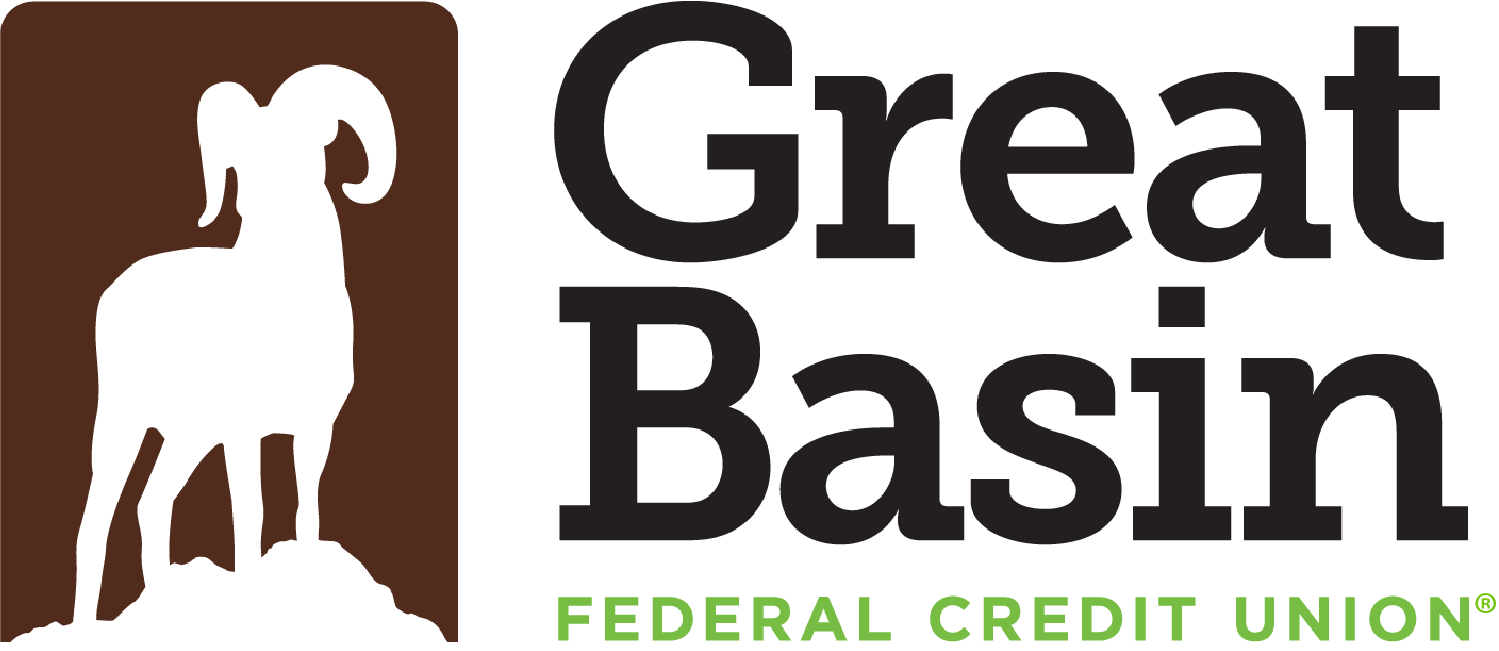Most people have at least heard of two prevalent types of retirement plans: the 401(k) and the IRA. Deciding which is appropriate for you, however, is another story. Having a basic understanding of these two types of retirement accounts, along with their potential advantages and drawbacks, can equip you to make more informed decisions about saving and investing for retirement.
401(k) Retirement Plans
What Is a 401(k) Retirement Plan?
A 401(k) is a retirement plan provided by employers for eligible employees. This is why it is called an employer or company-sponsored retirement plan. It takes its name from subsection 401(k) of the US Internal Revenue Code.
Under a 401(k) plan, an employee makes pre-tax or after-tax contributions to their account directly out of their paycheck each pay period. The funds in this account are allocated to investments, usually mutual funds, but can have other choices. Employees don’t receive the benefit until retirement age, which is why the 401(k) is classed as a “deferred compensation” plan. If contributions are made pre-tax, the money is taxed upon withdrawal, if the participant had Roth 401k, the distribution will be tax-free.
Pros and Cons of 401(k) Plans
Potential Advantages
- 401(k) makes saving for retirement simple. Once set up, contributions will be automatically deducted from your paycheck.
- It provides a way to put money aside in a consistent, long-term strategy.
- Money contributed could be deducted from your taxable income, which means you’ll pay less in income taxes for that tax year.
- Your money grows tax-deferred in your account. And, although you’ll pay taxes when you begin to withdraw the funds in retirement (if you made pre-tax contributions), you might be in a lower tax bracket when that time comes.
- If your employer offers it, you can make Roth contributions to your 401k. That way the moneys grow tax-deferred and are tax-free when withdrawn as qualified distribution such as retirement or attaining age 59 ½.
- Your employer can contribute to your 401(k) and might offer matching contributions, up to a certain limit. If you take advantage of the offer, that’s essentially a 100% return on your investment. (Although your investments are subject to market fluctuations and potential loss.) Employer contributions can be considered part of your overall benefits package.
- Loans from the account may be possible in the event of an emergency or financial crisis.
- Although short-term fluctuations may occur, 401(k) plans usually offer conservative long-term returns.
- If you leave your job, you have the option to roll your money over to another 401(k) or to an IRA.
Potential Disadvantages
- There are always risks associated with investing, and participants have a choice to invest their money in 401(k)s.
- You can’t withdraw funds from a 401(k) prior to the age of 59 ½ (or 55 in some cases) without incurring a hefty penalty fee of 10%, in addition to regular income tax.
- You will see a decrease in your take-home pay.
- There are fees associated with 401(k) plans.
- There are annual contribution limits. If you want to save above those limits, you’ll need to pursue other options alongside this one.
- The rate of return in a 401(k) might be lower in comparison to other types of investments.
IRA Plans
An IRA (Individual Retirement Account), is a tax-advantaged investment vehicle designed to hold assets purchased with earned income for retirement purposes. IRA plans are offered by various financial institutions and provide tax benefits to encourage retirement savings.
IRA Plans: Important Factors to Consider
- The IRS limits the amount of money that you can contribute to IRAs each year, whether it’s in one or multiple IRA accounts.
- You might not qualify to make IRA contributions depending on to what type of IRA you want to contribute and your earned income levels.
- If you make early withdrawals from an IRA before age 59 1/2 , some or all that money may be subject to income taxes, as well as a steep 10% penalty.
- You have total control of your IRA account. This aspect is double-edged. While you have control and flexibility, unless you enlist the help of a trusted financial professional, it’s up to you to make sound financial decisions to ensure the long-term growth and security of your retirement savings.
- IRAs typically offer more investment options than 401(k)s. This could also be to your advantage, but if you don’t want the added responsibility or pressure of choosing from the options available to you, you might want to consider seeking advice of a financial professional.
Not everyone finds themselves in a situation where they are an employee with an employer who offers the benefits of a 401(k) retirement plan. For small business owners, self-employed and contract or freelance workers, there are a few options to explore outside of these common 401(k) and IRA plans.
What is a SEP-IRA?
A SEP-IRA, or Simplified Employee Pension Individual Retirement Account, is often used by small businesses and self-employed workers to provide retirement benefits for themselves and their employees. Contributions are tax-deductible for the employer and grow tax-deferred for the employee. It’s important to note that contributions are subject to a certain annual limit. SEP IRAs accept only employer contributions.
SEP-IRAs invest funds similarly to other IRAs. Withdrawals from SEP-IRA funds are taxed at ordinary income tax rates when qualified distributions are taken after the age of 59 ½.
For self-employed individuals with no employees, administration costs for a SEP-IRA are typically minimal. For small businesses, however, contributions must be made for all eligible employees.
What is a SIMPLE IRA?
SIMPLE stands for Savings Incentive Match Plan for Employees. A SIMPLE IRA is another type of employer-provided retirement savings plan. A SIMPLE plan allows both the employer and employee to make contributions.
SIMPLE IRA plans commonly involve employer-matching contributions or only employer contributions. Employer contributions to employee accounts are usually tax deductible, and contributions to the plan are tax-deferred for both employers and employees. However, there are limits on both employer and employee contributions.
A SIMPLE IRA has lower costs compared to 401ks and is suitable for smaller employers SIMPLE IRA is still subject to ERISA and its related regulations.
401(k) vs. IRA
Understanding and weighing your options is key to making an informed decision. Here’s a quick comparison of 401(k) plans vs. IRAs, but this isn’t a comprehensive list of considerations. A financial professional can provide you with more detailed insights and personalized recommendations.
- 401(k) plans are available through employers, whereas you can open an IRA yourself at a financial institution of your choice. This is especially the case for traditional and Roth IRA accounts. However, your employer can play a role in facilitating and contributing to SIMPLE and SEP IRAs.
- 401(k)s can be a good retirement savings option for employees who have access to one, it allows larger tax-advantaged contributions, and often employers offer matching contributions.
- IRAs may be ideal for anyone who doesn’t have access to an employer-sponsored retirement account, or who wants greater flexibility than what’s offered in their 401(k). (But, an employer can facilitate access to SIMPLE and SEP IRAs.)
- Workplace 401(k) plans typically require less involvement from the participant, but the investment options might be limited.
- With an IRA, you’ll have more flexibility in your investment options, but with that, some added responsibility in making investment decisions.
- IRA contributions might be tax-deductible, depending on income levels and if you are a covered participant or not. 401k contributions are not subject to income limits and are always tax- advantaged.
Call it a Draw: When the Answer Can Be “Both”
Depending on your circumstances, viewing 401(k) plans and IRA plans in either/or terms might mean a missed opportunity. You can have both. Many investors use IRAs to complement an employer-sponsored 401(k) plan, and some financial professionals recommend having both for retirement to support an effective drawdown strategy. These plans have other connections, too. For example, you can convert or “roll over” a 401(k) to an IRA. Or, as your career progresses and you’re set up to get the full match in your 401(k), you can begin contributing to an IRA as well.
Source: Steve Lindquist – gbfinancial.org
Securities and advisory services through Cetera Advisor Networks LLC (doing insurance business in CA as CFGAN Insurance Agency LLC), member FINRA, SIPC, a broker/dealer and a registered investment adviser. Cetera is under separate ownership from any other named entity. CA Insurance License #0G30574
Investments are:
Not FDIC/NCUSIF Insured
- No Bank/Credit Union Guarantee
- May Lose Value
- Not a deposit
- Not insured by any federal government agency
Confidential: This email and any files transmitted with it are confidential and are intended solely for the use of the individual or entity to whom this email is addressed. If you are not one of the named recipient(s) or otherwise have reason to believe that you have received this message in error, please notify the sender and delete this message immediately from your computer. Any other use, retention, dissemination, forwarding, printing, or copying of this message is strictly prohibited.
Individuals affiliated with this broker/dealer firm are either Registered Representatives who offer only brokerage services and receive transaction-based compensation (commissions), Investment Adviser Representatives who offer only investment advisory services and receive fees based on assets, or both Registered Representatives and Investment Adviser Representatives, who can offer both types of services.












